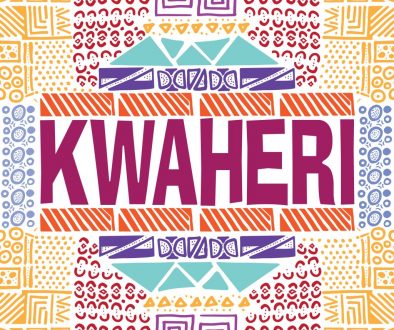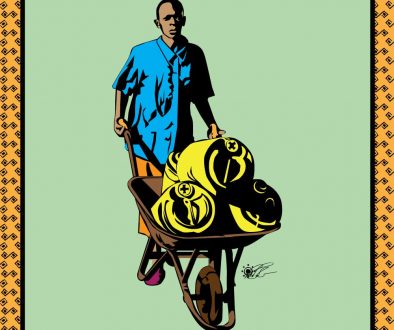Making Sense of Sudan » Blog Archive » Campaign Diary
Sudan’s election campaign is in full swing, and it is fascinating to watch. Perhaps the most interesting element is that the Sudanese parties are engaging one another head on, and the externals are largely spectators. That’s a welcome change, and Sudanese politics is healthier as a result.
The NCP looks like the dominant party in a dominant party system in northern Sudan. It has more resources, better organization, and better disciplined than the competition. NCP campaign managers are expecting to lose a number of constituencies in their heartland and even some governorships, but their plurality, at least, in the next national assembly seems assured.
Partly this is because of the disarray of the opposition parties. The National Consensus Alliance (“Juba Alliance”) is still debating whether it should be participating in this election at all. These parties’ recurrent threat of a boycott has helped keep the spotlight on the government’s use of the media and (especially) the security laws. The opposition parties have some valid complaints, for example the recent National Election Commission circular that establishes restrictive guidelines on public meetings. (The Electoral Code of Conduct, signed by the parties contesting in southern Sudan, and open for signature by those contesting in the north as well, is much more liberal).
But the opposition’s main impediment is their lack of funds and organization. The premise of a boycott is that it would delegitimize the government internationally. But the Juba Alliance parties would be advised to listen carefully to the international community present in Sudan before making that call.
Omar al Bashir looks comfortable campaigning—perhaps more so than when he is in the palace. Bashir’s campaign launch in southern Sudan was an interesting example of bravura and frankness. His campaign posters showed him twinned with Salva Kiir, with a ribbon linking the two. His message: his party had signed the CPA and intended to honour its commitment. Bashir told rallies that he was a unionist and had fought for unity, but if the south voted for secession, he would be the first to recognize it. I would be unsurprised if Bashir gains a reasonable vote in the south.
The SPLM is facing the travails of a former liberation movement now in power. It hasn’t properly separated political and military functions and personnel and hasn’t internalized the principle of multi-party competition. But, despite some well-publicized differences of opinion among its leaders, the SPLM is making an honest effort at democratization. It allowed Lam Akol to come to Juba for the political parties’ summit last week, and immediately after signing up to the Electoral Code of Conduct, Salva Kiir made his government into a caretaker government, replacing governors who are contesting the elections, at a stroke meeting one of the main points raised by the non-SPLM parties in the south. (A state governor is responsible for security in his/her state, and if he/she is contesting the gubernatorial elections, the temptation for abuse of power is obvious.)
I had expected that political competition would mean that the governments in Khartoum and Juba would pour more and more resources into their “political budgets,” generating tensions, and unsustainable levels of loyalty payments. That may still happen, but at present it is not so evident. Instead, the governing parties’ internal focus is leading to consensus building.
In the south, the SPLM is clearly signaling that electoral competition should not be at the cost of internal divisions that would leave southern Sudan vulnerable ahead of the referendum. And the other parties and independents are heeding the call.
Across Sudan, the NCP is running on the basis of pragmatism, nationalism and economic growth, with a little note of apology tacked on for the war and repression.
More unexpectedly, the SPLM and NCP have been negotiating hard on a host of bilateral issues. The imminence of the election has concentrated their minds, and a number of deals have been struck in quick succession. The negotiations, between Vice President Ali Osman Taha and Vice President Riek Machar, have been direct, without international mediation. The agreements include extra National Assembly seats for the south and South Kordofan, and an arrangement for the representation of Abyei. The SPLM has played its hand well, grown in stature and won some major concessions. More significantly, this shows that when necessary, the SPLM and NCP can do business. We can be much more confident that the two parties will be able to negotiate the arrangements for the referendum and what follows, without a catastrophic breakdown.
The Sudanese political classes, north and south, are skilled politicians, and their skills are on display right now.
My personal prediction is that the election will go ahead in April. It might be delayed a few days, but purely for technical reasons such as late delivery of voting slips. The three continuous voting days might also have to be extended, if there are still lines of would-be voters waiting outside polling stations on the evening of day three.
This entry was posted on Saturday, March 6th, 2010 at 10:44 am and is filed under Elections, Making Sense of Sudan. You can follow any responses to this entry through the RSS 2.0 feed. You can skip to the end and leave a response. Pinging is currently not allowed.



